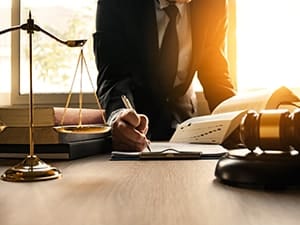Keep Your Personal Property
While you can lose assets in Chapter 7 bankruptcy, there is a good chance of keeping most of your personal property. Save for luxury items, most of your property will be protected under the Florida personal property exemption.

